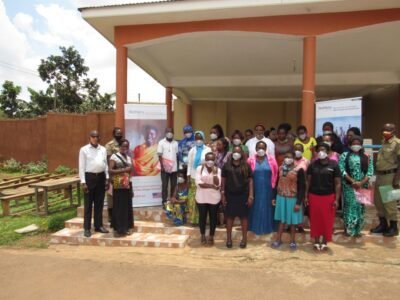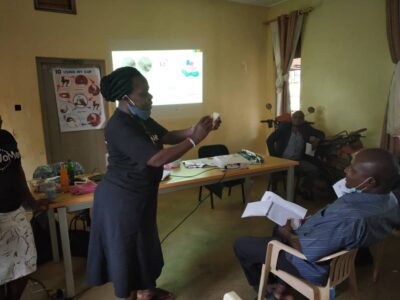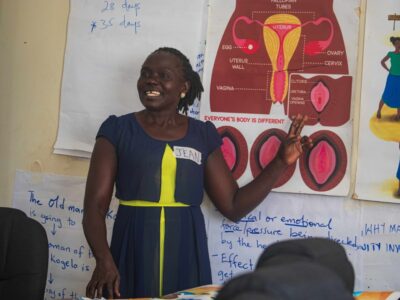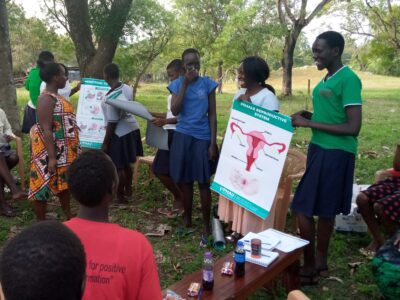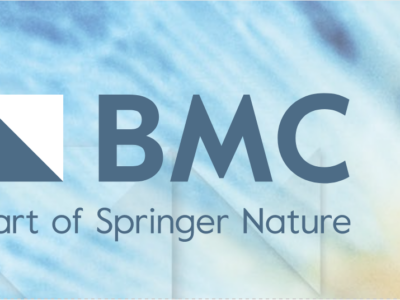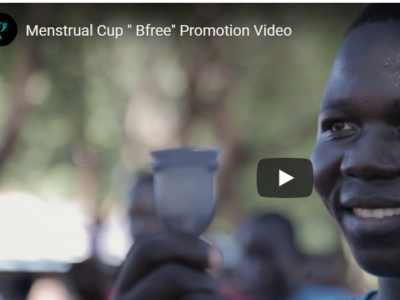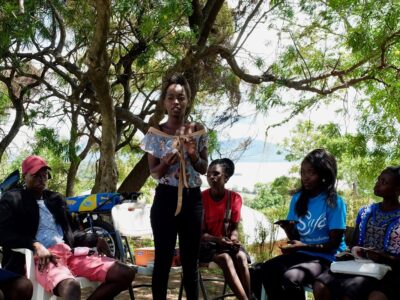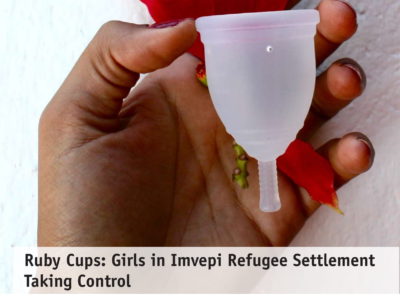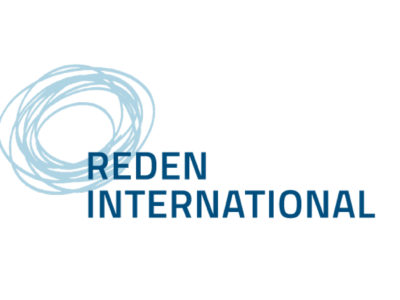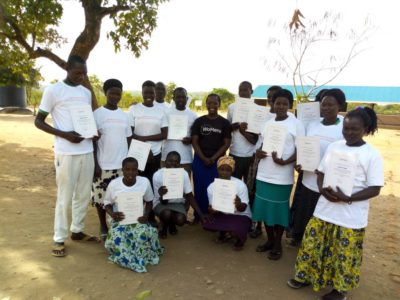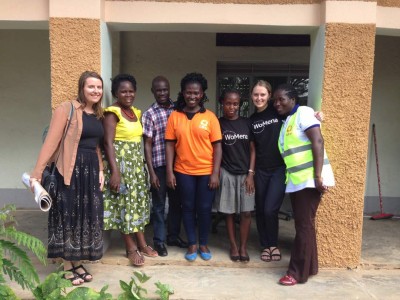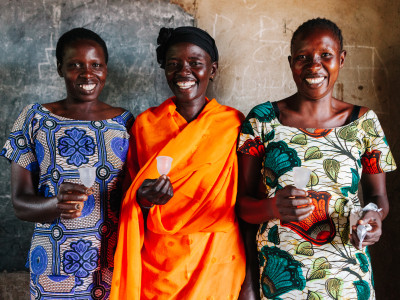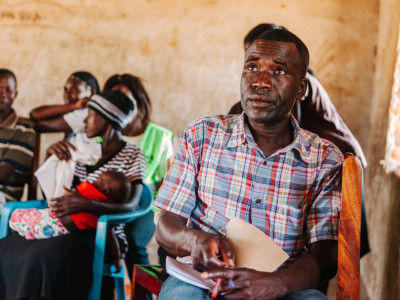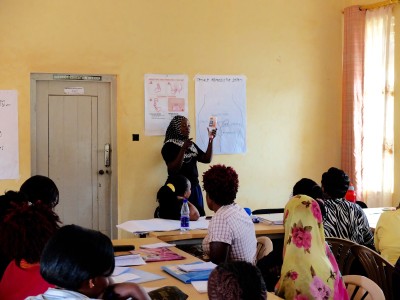INTERVENTION Design/implementation support packages
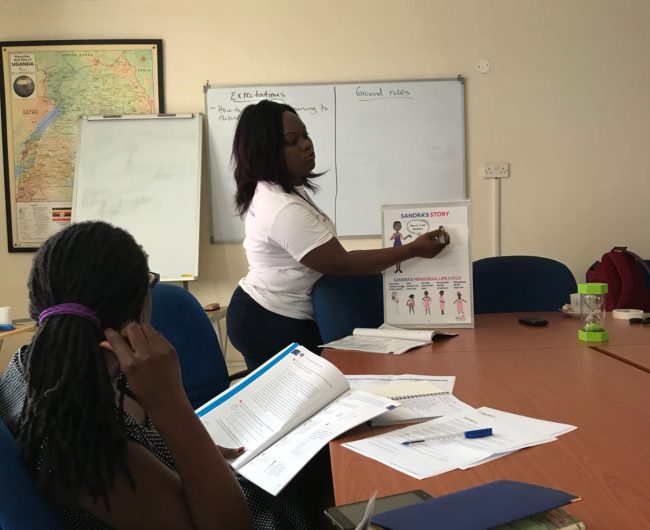
INTERVENTION Design/implementation support packages
Many NGOs or private businesses may be interested in introducing a project on e.g. menstrual cups, but have no idea where to start: how to do it? how to measure the impact? or estimate how much it would cost? We analyse your organisation’s activities and context, develop the relevant tools, write up the intervention design, and train your staff on everything needed to get the intervention up and running. The goal is usually to fully integrate the intervention into the other work of your organisation, so that it builds upon existing structures and programming for minimal extra cost. Our intervention packages usually include the following:
- Adapting our training curriculum to fit your context – both for training of trainers and training of intervention beneficiaries
- In-process monitoring tools
- Baseline/follow up evaluation tools (questionnaires/interview guides if needed)
- Meeting guides
- Toilet facility assessments using WoMena’s assessment tool
- Training of trainers/implementing partners
- Intervention design report
To come: We are currently working on partnerships to develop appropriate information materials for the cup recipients in local languages (e.g. fact sheet or cartoon explaining hygienic tips and use of the cup).
Orange: Current project
White: Completed project
Current Projects
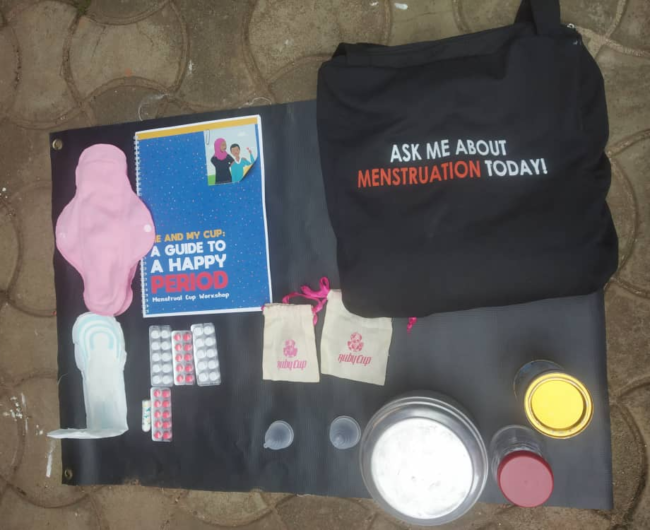
Menstrual health Management among urban Refugees is a project funded by the US Embassy in Uganda and implemented by WoMena Uganda with support from local partner organizations CAFOMI and Caritas. The project intends to improve menstrual health and hygiene knowledge, attitudes and practices in Urban Refugee communities
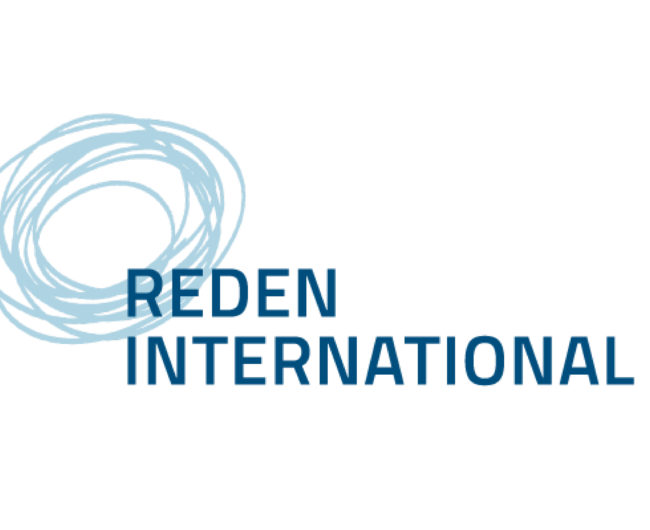
WoMena is collaborating with the Nest International to conduct a pilot project, assessing the acceptability of menstrual cups as a menstrual health management method among women using the Nest International’s services.
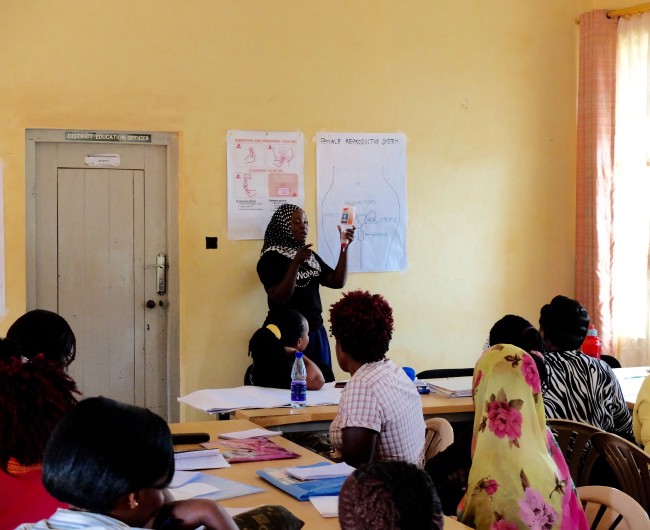
As part of a wider development intervention by the Embassy of Iceland WoMena is currently assessing the acceptability of introducing menstrual cups as a menstrual health management method in schools in the Buikwe District.
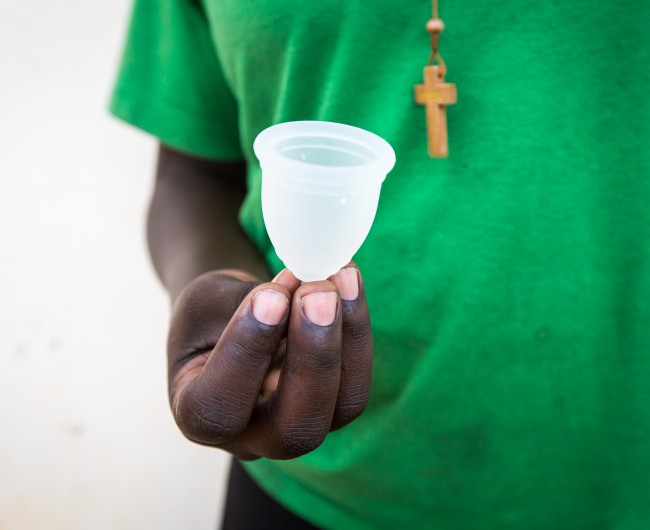
In collaboration with Ruby Life, WoMena is developing a training toolkit to use for trainings with both adolescent girls and adult women. The toolkit will include a trainer’s handbook, printable flip charts, beneficiaries’ booklet, and two posters. This toolkit will enable WoMena trainers to use comprehensive, long lasting training materials for all their menstrual cup trainings. The toolkit will also be available for any organisations looking to branch into MHM and menstrual cups to download and use for trainings.
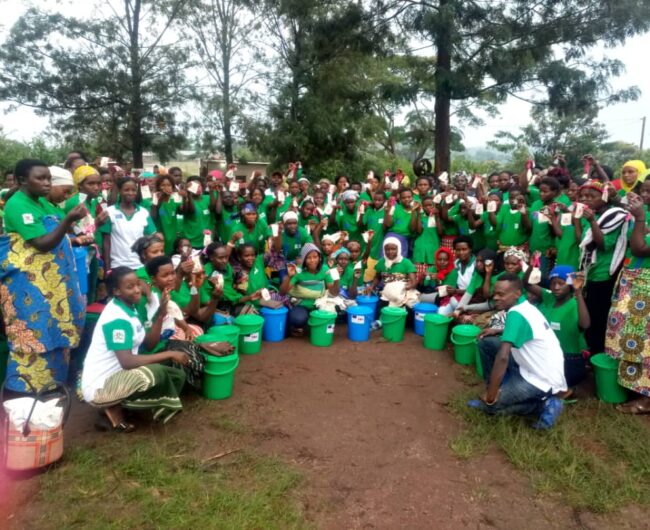
ECHO – APEAL Consortium project is being implemented in Kyangwali and Kyaka II Refugee Settlements in the districts of Kikuube and Kyegegwa districts respectively.
WoMena’s role in the consortium is to provide MHM Education, sexual Reproductive Health Rights and distribution of Menstrual products to 950 beneficiaries.
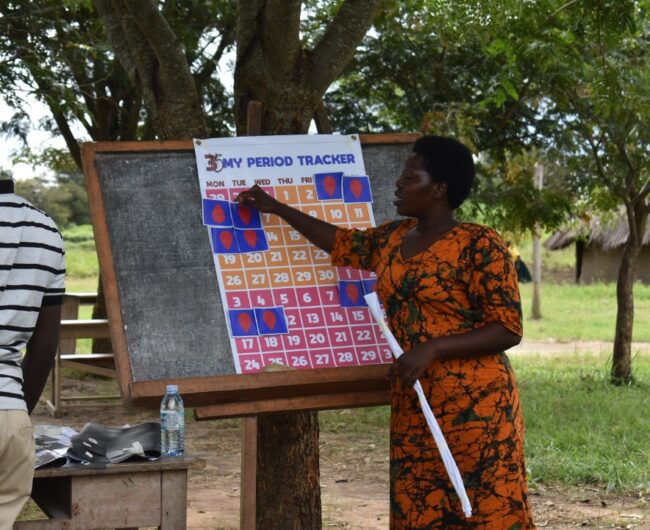
The project seeks to improve the Menstrual Health Management (MHM) knowledge, attitudes and practices in primary schools near Gulu, Northern Uganda.

WoMena is supporting Women’s Global Health Innovations (WGHI) with the training aspect of the project ‘Bfree, From the Lab to the Last Mile: An Innovative Menstrual & SRH Device with Education Scaled Sustainability for Girls & Women Aged 10-24 in Low and Middle Income Countries”.
Completed projects
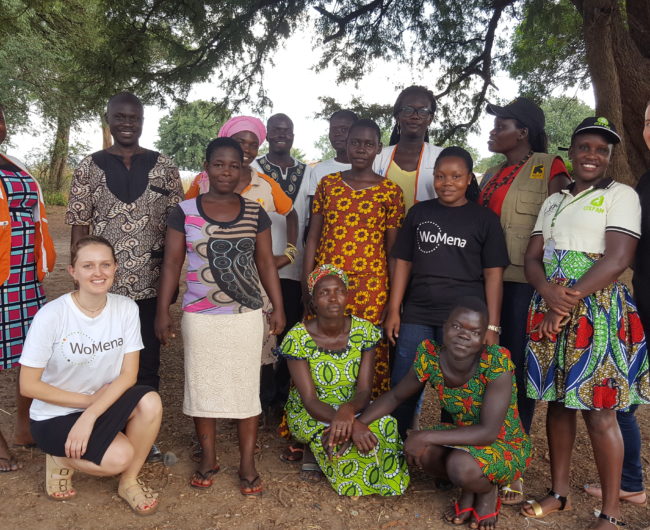
WoMena provides CARE International with implementation support for a menstrual cup pilot intervention in Imvepi Refugee Settlement in 2017-2018. This project is designed to train 80 community members and 20 CARE/partner support staff to become trainers in menstrual cup usage and menstrual health management.
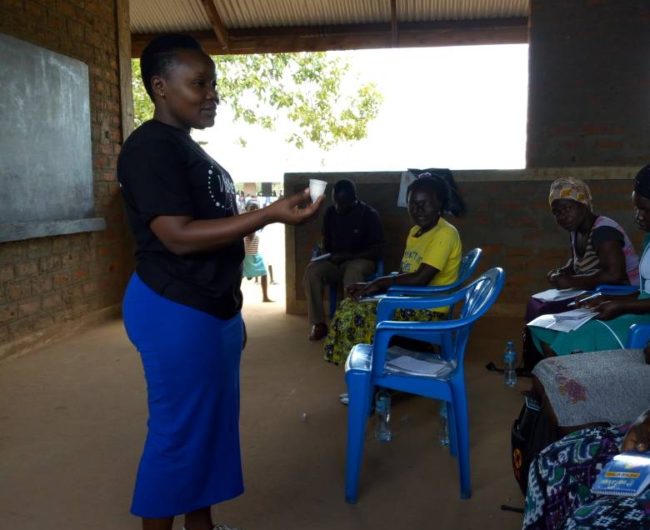
WoMena is implementing a small intervention aimed at improving menstrual health in Imvepi Refugee settlement particularly in Lanya Primary School with ZOA. This intervention will benefit 300 girls in the school and the community around.

